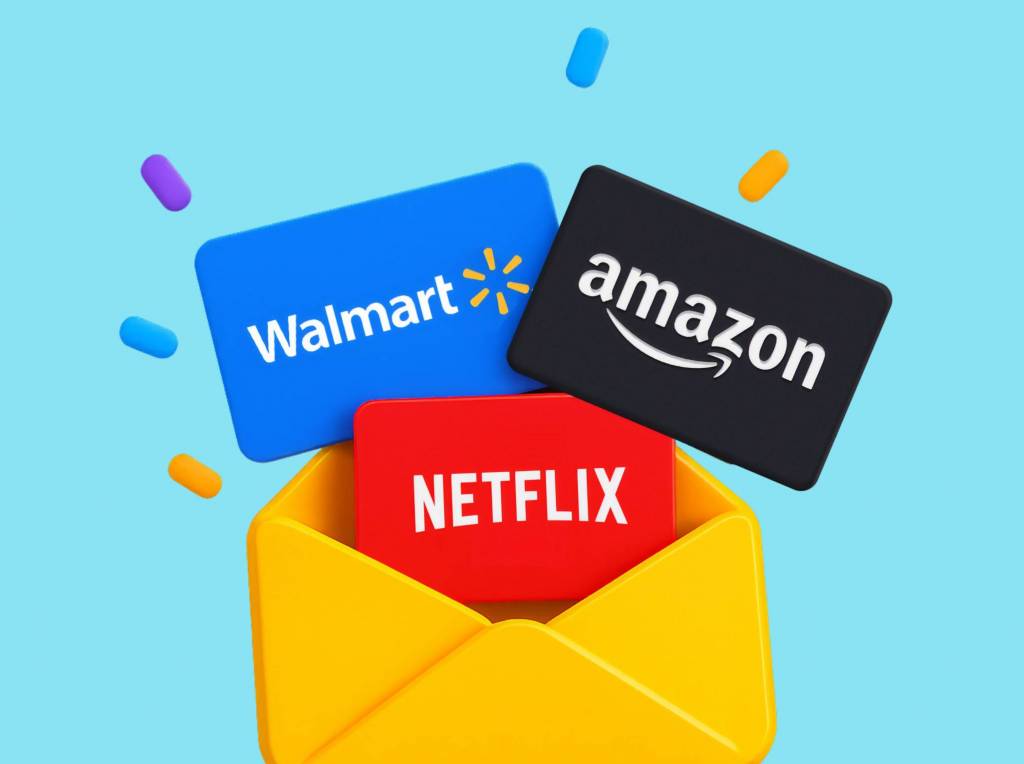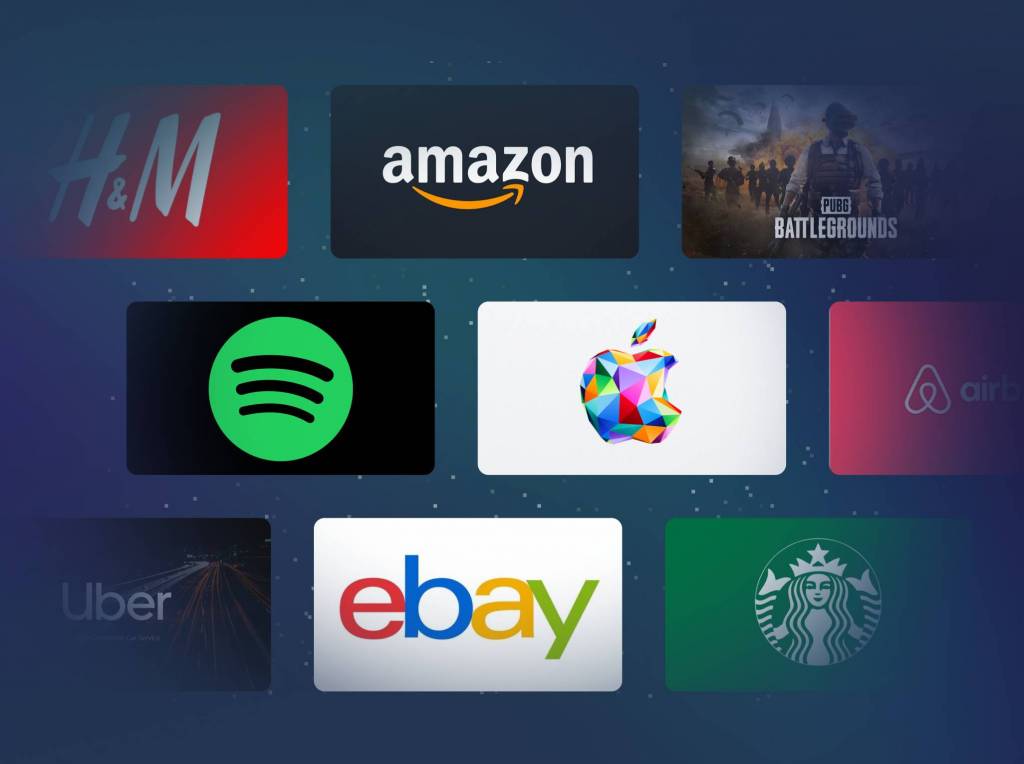Mobile transactions have become the bedrock of Africa’s emerging economies. Across the continent, mobile money enables budding e-commerce empires, makes remittances affordable, and creates new forms of digital identity. Yet, none of this would be possible without the growing ecosystem of mobile money API platforms that interconnect all of these digital products and services.
The challenge for businesses today is that developing in-house mobile money APIs is complex. Meeting the needs of numerous mobile money platforms and telecom operators can result in a vendor offering fragmented services.
This reality has overseen the growth of mobile money API aggregators. A booming industry, these software companies endeavor to add harmony to the digital payment ecosystem.
We spoke with MFS Africa, one of Africa’s leading mobile money API providers, to get the pulse on how these technical platforms are engineering economic expansion across the world’s fastest-growing continent.
Headquartered in Johannesburg, MFS Africa enables over 200 million mobile money users across 34 countries in sub-Saharan Africa, offering integration with all major telecom operators. Founder and CEO Dare Okoudjou says this user base makes MFS Africa the largest mobile money API platform in the world. And he is aiming higher.
“Our intention is to collect 400 million mobile money users across all of Africa,” says Okoudjou. “We are focusing a lot of our energy now to go really deep into the continent.”
Below is a quick review of what we discussed with Okoudjou over a recent Zoom call.
- How would you define a mobile money API?
- What are the most common use cases for mobile money APIs?
- What qualities make a great mobile money API provider?
- How is mobile money enabling prepaid customers in Africa?
What is a mobile money API?

In essence, an Application Programming Interface (API) is a piece of software that creates a link between applications. Therefore, mobile money APIs are software that connect digital payment platforms with telecom networks. This benefits the user because they no longer need to manage vast telecom networks and bank accounts.
Okoudjou uses a light bulb and electric socket analogy to explain further:
“Customers don’t need to worry about who made the socket or how the socket gets electricity. They simply need to buy a light bulb that fits in that socket.
“APIs work pretty much the same way. With mobile money, for instance, APIs allow developers to completely ignore how the payment part of the process will work and simply rely on just getting the right light bulb [in this case, their platform] to fit into the socket.”
If a charity in Norway wants to make transfers to community school teachers in Uganda, the use of mobile money APIs can help. By linking their platform with an API, they connect to a number of different mobile money providers in Uganda. The charity will thus no longer need to concern itself with individual account information.
The magical benefit of APIs happens when the organization frees up it’s time to focus on their core activity — managing a database of teacher information — leaving the API technology to execute all of its payments across Uganda.
Common use cases for mobile money APIs
Mobile money APIs cover a broad range of specific functions. This includes a large ecosystem of individual APIs that carry out the behind-the-scenes interactions of online commerce.
Indeed, an average online transaction will include several mobile money APIs. These all execute distinct functions that the end-user experiences as a single action.
The end-user’s experience with mobile money APIs usually involves the two most common APIs: debit APIs and credit APIs, which allow customers to collect and pay-out money, respectively.
These are the two sides of the payments coin in mobile money transfers. But this activity needs to be managed, which is where account verification APIs enter the process. This API will carry out security checks, such as ensuring that the recipient is linked to an active mobile money account.
The mobile money API ecosystem then branches out from here, including a web of APIs designed for very specific use cases.
A balance check API is used to ascertain whether or not a certain balance guideline is being met. For some mobile money platforms, there is a balance limit, which must be checked and approved to execute the transaction. If the current balance is not without the guidelines, the API detects the error and freezes the account.
APIs creating digital records for Africans
Crucially, the heavily regulated world of digital finance requires fiduciary oversight of all account holders. For this reason, there are Know Your Customer (KYC) APIs that trace the digital identities of end-users by establishing online records of their name, legal ID, official address and other personal information.
In Africa, the widespread use of mobile money has had the corollary effect of creating an identity database for millions of people that were not only previously unbanked — but also unidentified. This realization has thrust the importance of APIs to center stage.
“There is a growing demand for KYC APIs,” says Okoudjou. “They create a digital record for identity and show that mobile money APIs have use cases that can go far beyond payments.
“KYC APIs provide a way of verifying people. You could also use this tool to measure demographics that could be put to use at a government policy level. Africans not only become banked; they become visible.”
This is not the only mobile money API that is valuable outside of the financial realm. The e-signature API, used to validate transactions, could also one day enable people to vote electronically.
“An e-signature API can prove that it was you that provided validation, so it becomes a standard form of authentication. With this, we imagine how to run better elections,” reflects Okoudjou.
Best practices of a mobile money API provider
As we have heard above, there is a diverse constellation of APIs that a mobile money API provider can offer.
Companies that build a large inventory of APIs that are accessible via a single-point are known as API aggregators. They gain the best reputations by establishing credibility within specific niches, and by delivering a unique and standardized API, regardless of what APIs or services it integrates with.
“The first thing is to realize that it is always APIs with an ‘s’,” Okoudjou says. “We must be able to break things down into pieces; not every customer needs every API at the same time.
“When APIs in a single sector are broken down, that is when developers can pick and choose what they want,” Okoudjou says.
Within the mobile money ecosystem, it is best practice to build a standardized API on top of the industry’s core APIs, aggregating debit, credit, account validation and KYC APIs in one place. This creates harmony within the customer’s business interactions.
This, of course, also applies to Reloadly, which specializes in the mobile airtime API ecosystem, offering a top-up API that includes a wide variety of related APIs, such as a data bundle API and airtime API.
“The best practice in terms of API management is aggregating a wide offering that allows different developers to achieve a specific goal in one place. That is what Reloadly is doing when it comes to airtime. And in many ways, that’s also what MFS Africa is doing when it comes to mobile money.”
Mobile money and airtime: Enabling the world’s largest prepaid customer base
Put simply, mobile money is the payment bridge that helps customers stay connected on their mobile phones.
In Africa, where most opt for prepaid mobile plans, enabling the ability to conveniently top-up helps to connect entire nations.
Africa is a world leader in non-contracted telecommunications. An enormous 95 percent of mobile subscribers in Africa have chosen a prepaid service, by far the largest ratio in the world.
This presents unique commercial challenges for businesses wishing to sell electronic products on the continent.
“When the first iPad came out, there was no way to load them with prepaid airtime or data bundles because Apple just assumed that everybody is on some sort of contract,” remembers Okoudjou.
“But in Africa, few people are on contracts. You have to be able to top-up.”
Silicon Valley tech titans aren’t the only ones to make this blunder. IoT-enabled smart appliance retailers are now repeating this scenario, Okoudjou pointed out during our conversation. Once again, companies are not quite connecting with Africa’s prepaid-dominated societies.
It is here that airtime APIs can be used as a medium of currency, with users paying through mobile money platforms to add credit to IoT devices that otherwise lack interfaces.
“There is no interface on smart fridges and there probably never will be. And if we have to put a screen there just to reload it, that will be a waste of resources.”
Final thoughts
Mobile money APIs are the unsung heroes of Africa’s economic emergence.
Behind the scenes, mobile money API aggregators are building standardized and innovative technical solutions to big challenges. Through one access point, their APIs enable developer teams of all sizes to facilitate commerce in the world’s fastest-growing continent.
In a continent attached to prepaid plans, smart electronics will only fortify the bridge between mobile money and airtime APIs.
It is up to API aggregators like Reloadly to ensure that international businesses can easily, efficiently and securely access Africa.
Through its airtime API hub, Reloadly links its customers to a network of large mobile operators in Malawi, Nigeria, Senegal and other countries.
As mobile money APIs continue to empower hundreds of millions of more Africans, their relationship with airtime APIs will become more significant.



